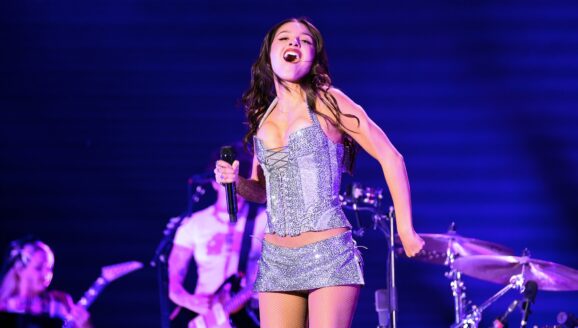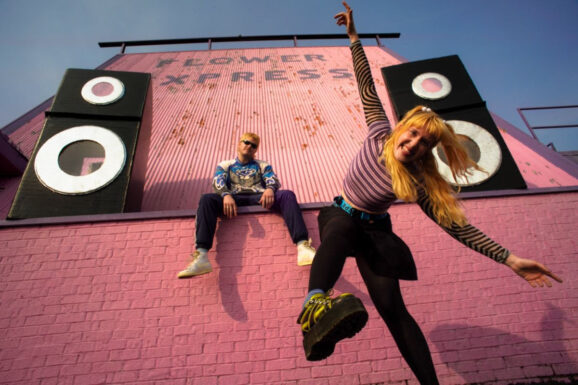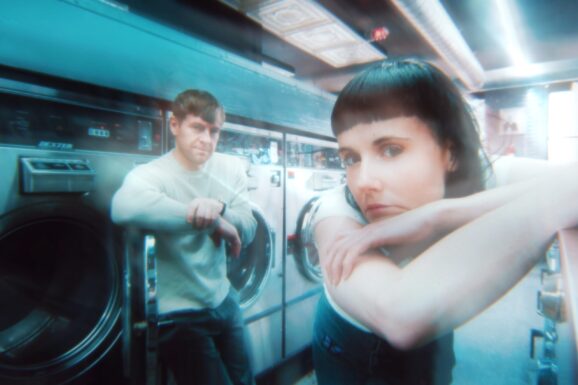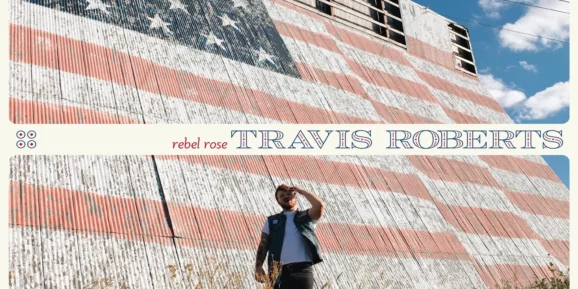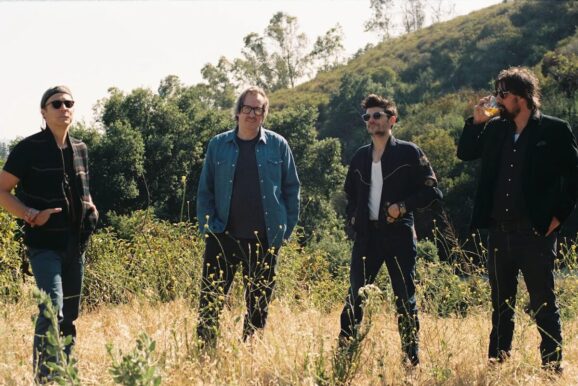To create a thriving business model in the music industry: one must combine innovation, adaptability, and a profound comprehension of its dynamic landscape. Recent years have borne witness to significant transformations within this sector—technological advancements; shifts in consumer behavior; and the ascension of digital platforms—all driving these changes. Today’s successful business models throughout the music industry encapsulate an array of strategies that harness these transitions for their advantage – thus forging sustainable revenue streams.
Two-tiered Streaming Services
Streaming services have become the backbone of the music industry’s revenue in recent years. Platforms like Spotify, Apple Music, and Amazon Music have changed the way consumers access and experience music. These services operate on a two-tiered model-. normally, there is a free version which can serve as a sort of test, before deciding if you want to invest in the paid version.
It’s a model that we also see in online gaming sites where you can play for free at first before you can sign up at real money slots. Once you sign up with the paid version, you can claim welcome bonuses, play for the jackpot, and choose between low or high stakes. With the right betting strategy, real money slots let you earn money, so it is important to read reviews like the ones found here before signing up!
Live Events and Concerts: Experiential Revenue
Live events and concerts have become a crucial revenue stream for artists and the industry as a whole. With the decline of physical album sales, artists increasingly rely on touring and live performances to connect with fans and generate income. Sometimes appearing on a late night show can be a great way to expand your fan base and reach millions of viewers.
The business model for live events involves ticket sales, merchandise, sponsorships, and sometimes exclusive streaming rights for the event. Additionally, the growth of virtual concerts, especially during times of global uncertainty (as seen during the COVID-19 pandemic), has opened up new revenue streams through digital ticket sales and partnerships with online platforms.
Merchandising and Brand Partnerships: Beyond Music Sales
Merchandising has become a lucrative business for artists, with branded products ranging from clothing and accessories to collectibles. This model allows artists to capitalize on their brand and strengthen their connection with fans. Furthermore, collaborations with brands outside the music industry have become increasingly common. This includes partnerships with fashion labels, technology companies, and lifestyle brands.
These collaborations not only diversify revenue streams but also help in expanding the artist’s reach to new audiences. The success of these partnerships often depends on the alignment of the brand with the artist’s image and values.
Crowdfunding and Fan Engagement: Direct Support
Crowdfunding platforms like Kickstarter and Patreon have provided artists with an alternative way to fund their projects and engage directly with fans. Artists can raise funds for album production, music videos, or even tour expenses. In return, supporters often receive exclusive content, early access, or personalized experiences.
This model strengthens the bond between artists and their fan base, allowing for a more sustainable and independent approach to creating music. It also reduces reliance on traditional record labels, giving artists more creative control.
Licensing and Sync Deals: Music in Media
The placement of music in films, TV shows, commercials, and video games has become a significant revenue source. Licensing deals and sync agreements involve granting permission to use an artist’s music in various media formats. This not only provides exposure to a wider audience but also generates income through licensing fees.
Successful implementation of this model requires artists and labels to actively pursue opportunities for their music to be featured in popular media. The rise of streaming services has further increased the demand for quality music content in various forms of media.
Educational Platforms: Teaching and Masterclasses
Some artists have successfully ventured into the education space, offering online courses, tutorials, and masterclasses. These platforms provide fans and aspiring musicians with the opportunity to learn directly from established artists. The business model involves selling access to these educational resources, often through subscription models or one-time purchases.
This not only generates income but also enhances the artist’s reputation as an expert in their field. Educational platforms contribute to the democratization of music knowledge, allowing artists to share their skills and insights with a global audience.

